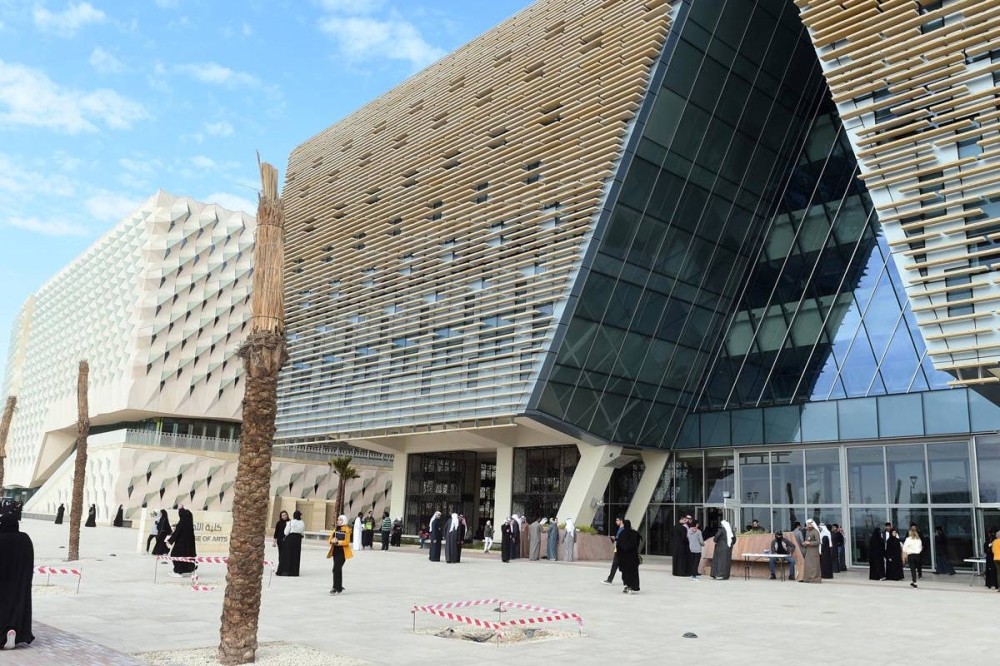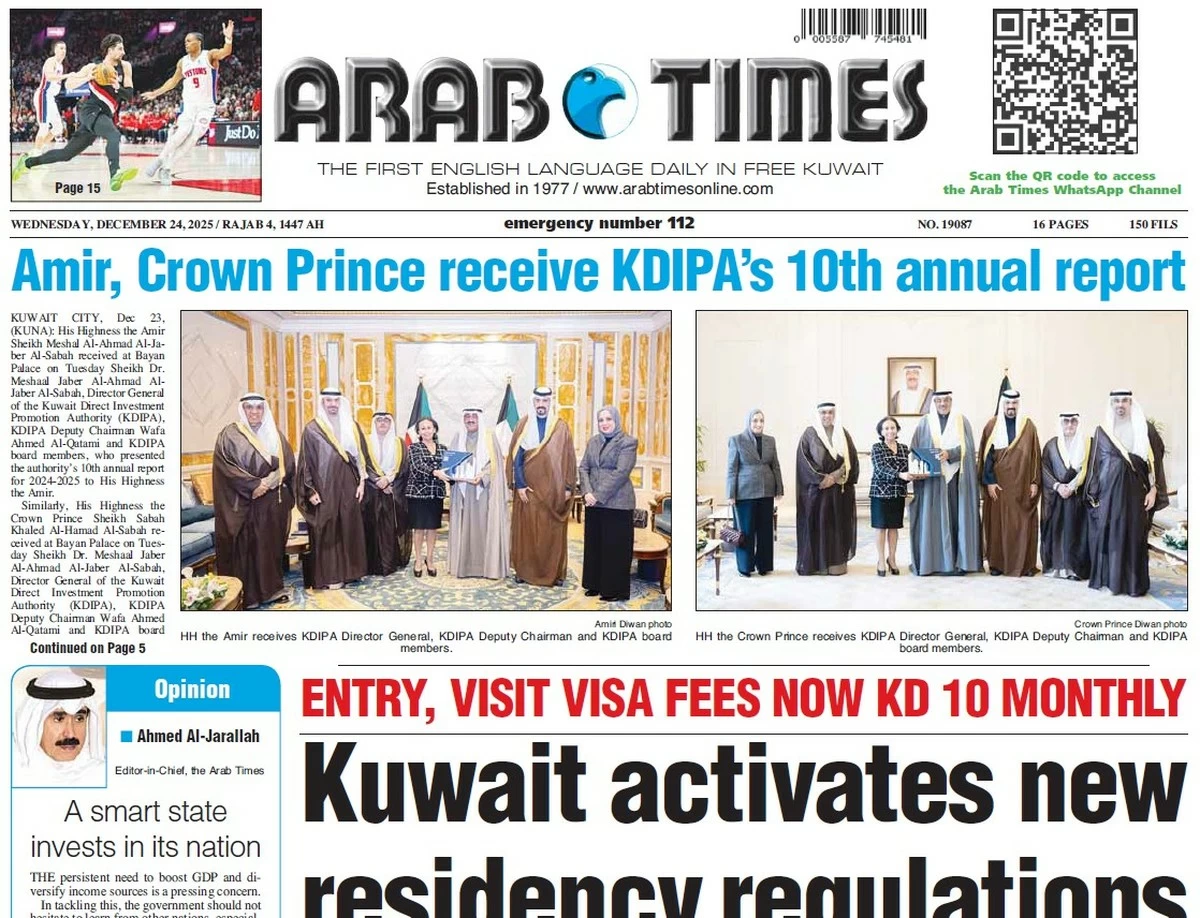21/07/2024
21/07/2024

KUWAIT CITY, July 21: Kuwait University is approaching the end of its second year with significant administrative vacancies, with many leadership positions remaining unfilled, including the crucial role of the university president. This prolonged absence has exacerbated administrative voids across other positions.
Academics have noted that the university has yet to form any significant committees to address the filling of academic leadership roles, such as deans. They argue that this administrative gap has not only created instability but also led to violations of university regulations and suspicions of nepotism in some academic departments.
These academics are calling for urgent reforms to address the state of the academic institution, criticizing the practice of appointing acting officials as contributing to a culture of compliance with administrative decisions and the issuance of some decisions without proper study.
The local newspaper Al-Jarida previously highlighted some irregularities in the university’s promotion files, but the issues extend beyond promotions. For example, official correspondence obtained earlier revealed violations related to scientific missions that contradict university regulations. One case involved a professor applying for two scientific missions within the same academic year—one in May and another in June—despite the rule prohibiting scientific missions during the summer. The scientific affairs sector sought the university president’s opinion on whether it was permissible to grant the professor two missions given his travel tickets.
Other official documents suggest potential favoritism in the appointment of assistant researcher positions in some scientific departments, where nominations favored relatives of senior university officials.
Several academics and faculty members have used various media platforms to expose multiple violations and irregularities at the university, including issues with promotions, appointments, and research. They have called on the Minister of Education and Minister of Higher Education Dr. Adel Al-Adwani to intervene swiftly to rescue the university.
Administratively, observers noted that although Kuwait University identified over 80 employees who have completed 30 years of service, it decided to retire 13 administrators, including one with 37 years of service, without explaining the reason for this specific duration. Previous data from employee unions revealed instances of university staff being retired before meeting the legal service period requirements.
The call to urgently fill leadership positions, both in the university's upper management and its colleges, remains strong. There is an emphasis on selecting competent and honest individuals capable of effective performance.
Critics highlight that regression, violations, and conflicts have been ongoing for years, with those benefiting from personal interests defending the university's decline. As they see it, only those who are corrupt would defend the status quo of corruption.


